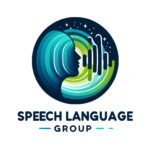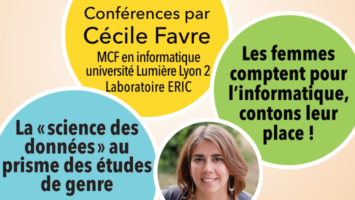Séminaire « Neural Signal Interpretation for Spoken Communication » – 25/04/2024
On Thursday 25 April at 11am, we will host a talk from Prof. Tanja Schultz on « Neural Signal Interpretation for Spoken Communication ». The room will be defined later. Please find below a short abstract and bio from Prof. Tanja Schultz. Abstract: This talk presents advancements in decoding neural signals, providing further insights into the intricacies of spoken communication. Delving into both speech production and speech perception, we discuss low latency processing of neural signals from surface EEG, stereotactic EEG, and intracranial EEG using machine learning methods. Practical implications and human-centered applications are considered, including silent speech interfaces, neuro-speech prostheses, and the detection of auditory attention and distraction in communication. This presentation aims to spark curiosity about the evolving landscape of neural signal interpretation and its impact on the future of spoken communication. Bio: Tanja Schultz received the diploma and doctoral degrees in Informatics from University of Karlsruhe and a Master degree in Mathematics and Sport Sciences from Heidelberg University, both in Germany. Since 2015 she is Professor for Cognitive Systems of the Faculty of Mathematics & Computer Science at the University of Bremen, Germany. Prior to Bremen she spent 7 years as Professor for Cognitive Systems at KIT (2007-2015) Plus d'infos




